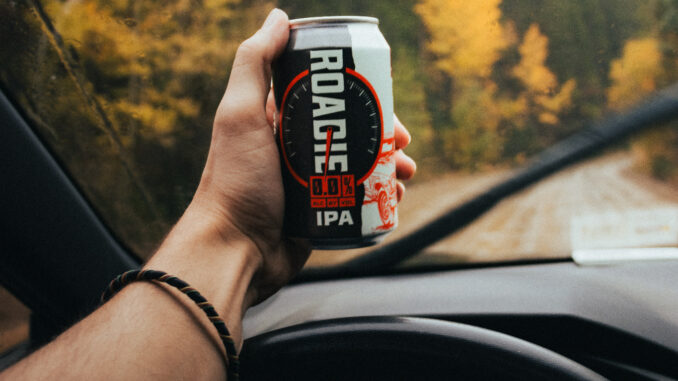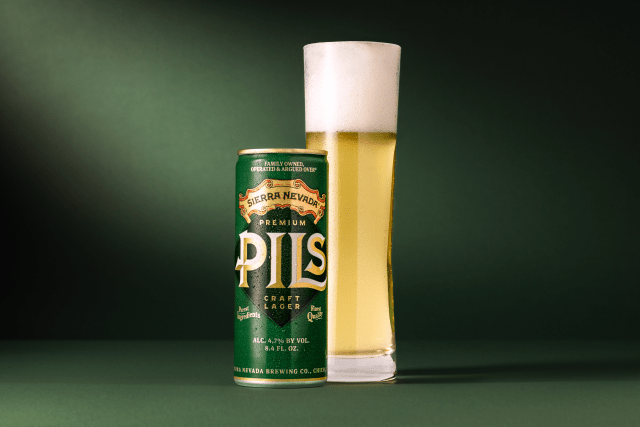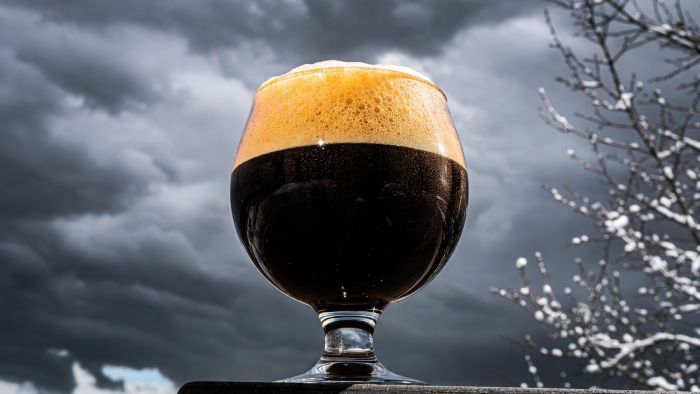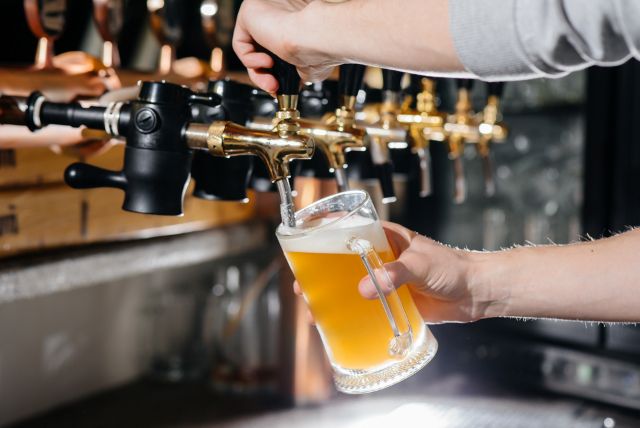Cyberhackers Target The Beer Biz: A History and Warning
Cyberhackers Target The Beer Biz: A History and Warning

In an age where breweries run on automation, digital logistics, and cloud-based sales systems, the beer business has become a surprisingly enticing target for cybercriminals.
What was once a threat confined to banks and tech firms has quietly seeped into fermentation tanks, taprooms, and distribution networks worldwide — leaving even century-old brewing giants scrambling for digital defense.
A Growing Problem in the Brewing World
The first major warning came in 2020, when Molson Coors, the second-largest brewer in the US, was forced to halt production and shipments following a ransomware attack.
But breweries large and small have found themselves under siege over the last decade and here are some other prominent digital incursions…
- Duvel Moortgat Brewery (2024): The Stormous ransomware gang attacked this Belgian brewery, halting production at its Belgian and US sites for several days. The hackers claimed to have stolen 88 GB of data.
- Lion Australia (2020): A ransomware attack forced a production shutdown, causing major IT damage and disrupting manufacturing and delivery.
Just this month, a devastating cyber-attack temporarily shut down operations at Asahi Breweries in Japan, crippling 30 production sites.
The company, which makes brands like Asahi Super Dry and Peroni, called it one of the most severe operational incidents in its 134-year history. And craft breweries across Europe and North America have reported smaller-scale but financially ruinous intrusions — from data theft to ransomware holding recipe files hostage.
 Why Beer?
Why Beer?
Experts say the beer industry’s vulnerability stems from its unique blend of tradition and technology. Modern brewing relies on digital infrastructure for everything from temperature control and ingredient tracking to shipping and point-of-sale systems. Yet many breweries — particularly craft operations — lack the cybersecurity sophistication of larger corporations.
“Breweries are the perfect soft targets,” said American Craft Beer’s Tom Bobak “They’re highly automated, interconnected, and often running legacy systems that were never designed with modern security in mind. A few lines of malicious code can literally stop beer from flowing.”
The Consequences Beyond Lost Revenue
The fallout from these attacks often extends far beyond financial loss. When production halts, supply chains fracture — leaving bars, restaurants, and retailers short on stock. In some cases, months of product spoilage follow, especially for brewers dealing in fresh, unpasteurized beers.
Data breaches also raise privacy concerns: brewery loyalty programs, distributor databases, and even employee payroll systems have been compromised. The reputational damage can be particularly tough for craft breweries, which rely heavily on trust and community engagement.
After its 2021 attack, Molson Coors invested heavily in cybersecurity infrastructure and employee training, setting an industry precedent. Other large brewers, including Heineken and AB InBev, have since formed internal “cyber resilience” teams. Still, smaller players struggle to keep pace.
The New Arms Race
Governments and industry groups are beginning to take notice. In Europe, beer producers have been urged to join critical food and beverage cyber defense initiatives, while in the US, the Brewers Association has begun offering cybersecurity workshops alongside its traditional safety and quality training.
And the rise of artificial intelligence has further complicated matters — both as a defensive tool and a weapon. Hackers are now using AI to craft more sophisticated phishing attacks, while breweries are deploying machine learning to detect abnormal system activity in real time.
A Warning For What’s Next
As the beer industry continues to digitize — with automated brewing systems, online taproom sales, and smart kegs — the attack surface widens. And future breaches could do more than disrupt shipments; they could contaminate product integrity or compromise consumer data at scale.
“Cybersecurity isn’t just an IT issue anymore,” Bobak added. “It’s a production issue, a brand issue, and increasingly, a public trust issue that’s not going away.”
###



















